International Conference United for Justice Dedicated to Responsibility for War Crimes Was Held in Lviv. EU Project Pravo-Justice Took Part in the Preparation and Work of the Forum
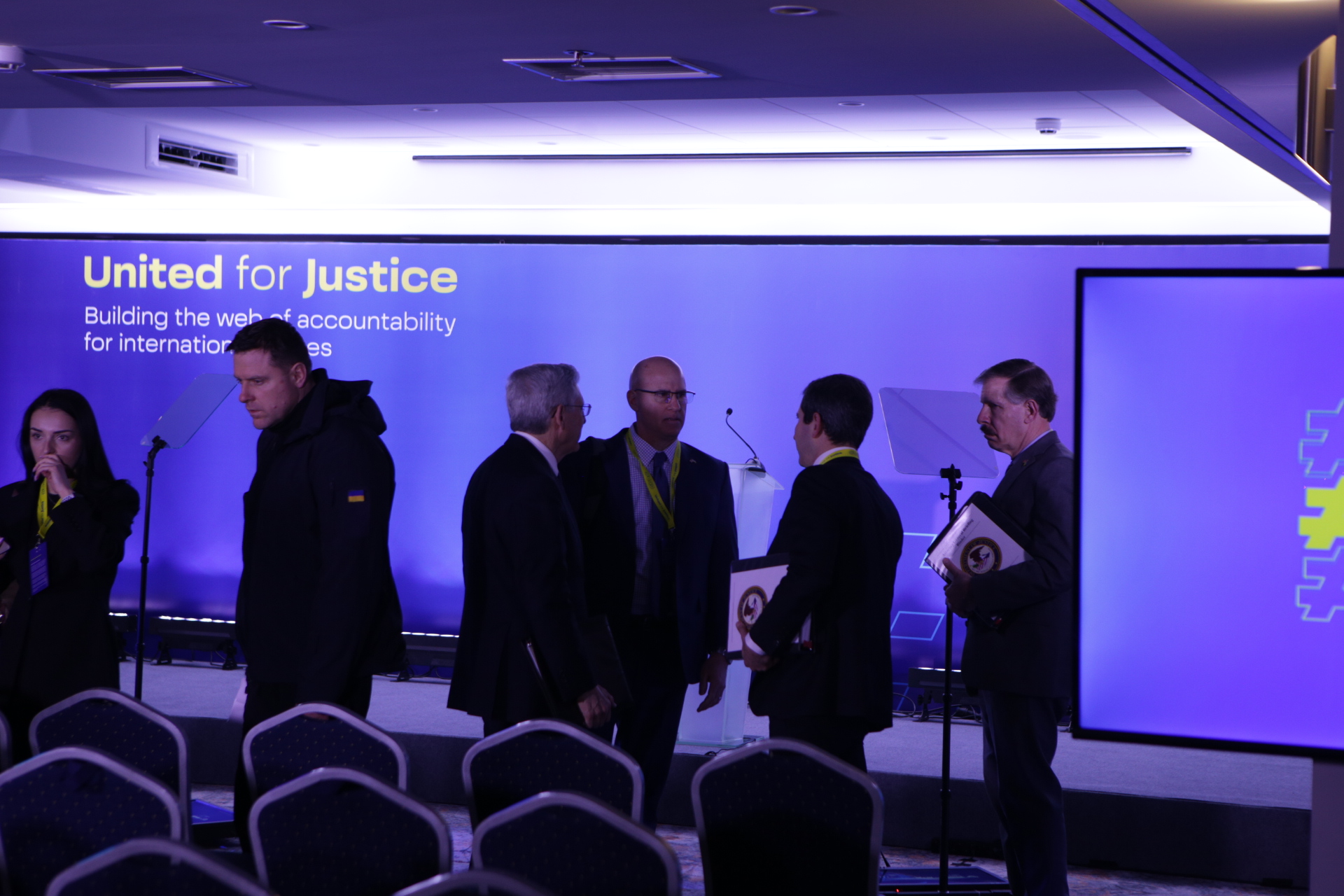
From March 3 to 5, Lviv hosted the international conference United for Justice, which was dedicated to the development of joint approaches, improvement of existing legal mechanisms, and search of new practical solutions for the investigation and prosecution of numerous episodes of war crimes and other international crimes committed by Russians in Ukraine.
Due to the level of representation and the tasks set by the organizers and participants to the conference, it has already been informally called the “legal Ramstein”.
The EU project Pravo-Justice co-organized the Lviv conference. The Project Team and Experts took an active part in the work of key discussion panels devoted to practical steps of bringing war criminals to justice and specifics of investigating atrocity crimes, attacks on civilian infrastructure, and environmental crimes.
“United for Justice provided another opportunity to see and get reassured that the entire civilized world is united more than ever to bring to justice those responsible for international crimes committed in Ukraine and to re-establish justice. Today, Ukraine makes an important contribution to the development of international law, because the ways and mechanisms that will be worked out to prosecute the crime of aggression will be of great importance for future conflicts and bringing those guilty to justice while ensuring peace and stability.
The EU Project Pravo-Justice closely cooperates with the Office of the Prosecutor General in Ukraine in terms of documenting and investigating war crimes within the framework of the Atrocity Crimes Advisory Group. In particular, we focus on supporting the OPG in implementing best international standards in the investigation of sexual violence, deportation of children, and environmental crimes, etc.
In parallel, the Project also cooperates with the judiciary to increase the national judicial system’s capacity to handle war crimes cases. The Project will continue providing systematic support to Ukrainian law enforcement bodies and courts in everything related to the restoration of justice and punishment of war criminals,” says Oksana Tsymbrivska, Country Manager of the Pravo-Justice Project.
An important result of the Conference was the signing of a document on the creation of the International Center for the Prosecution of Crimes of Aggression of the Russian Federation, which is expected to start operating in The Hague in the summer.
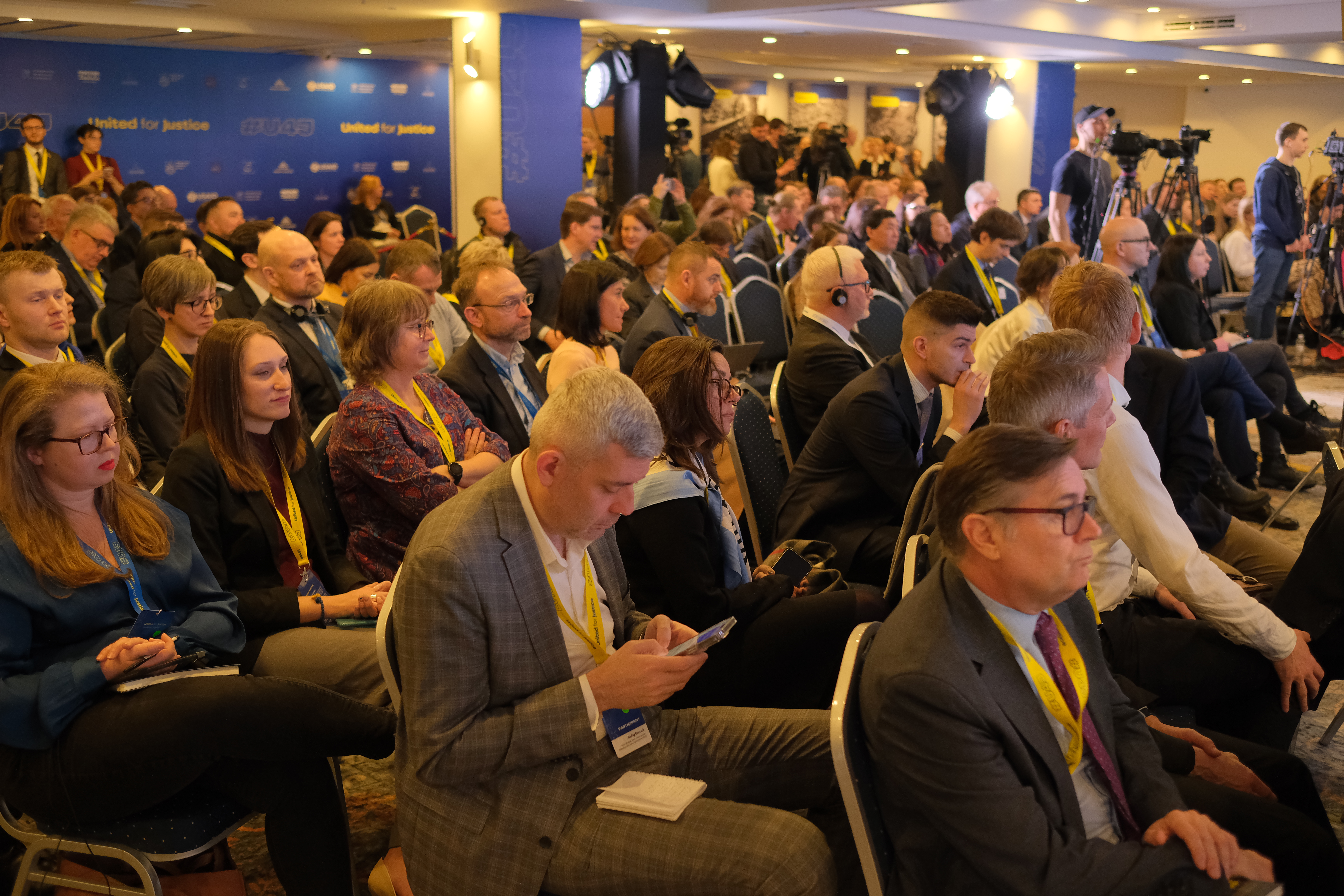
As of today, Ukrainian law enforcement officers have opened more than 71,000 criminal cases based on the facts of war crimes – from mass crimes against the civilian population to causing immense and lasting damage to the environment. The figures will definitely go up.
The workload is unprecedented; and it will not be an exaggeration to say that the assistance provided to Ukraine by international partners in carrying out this work is priceless.
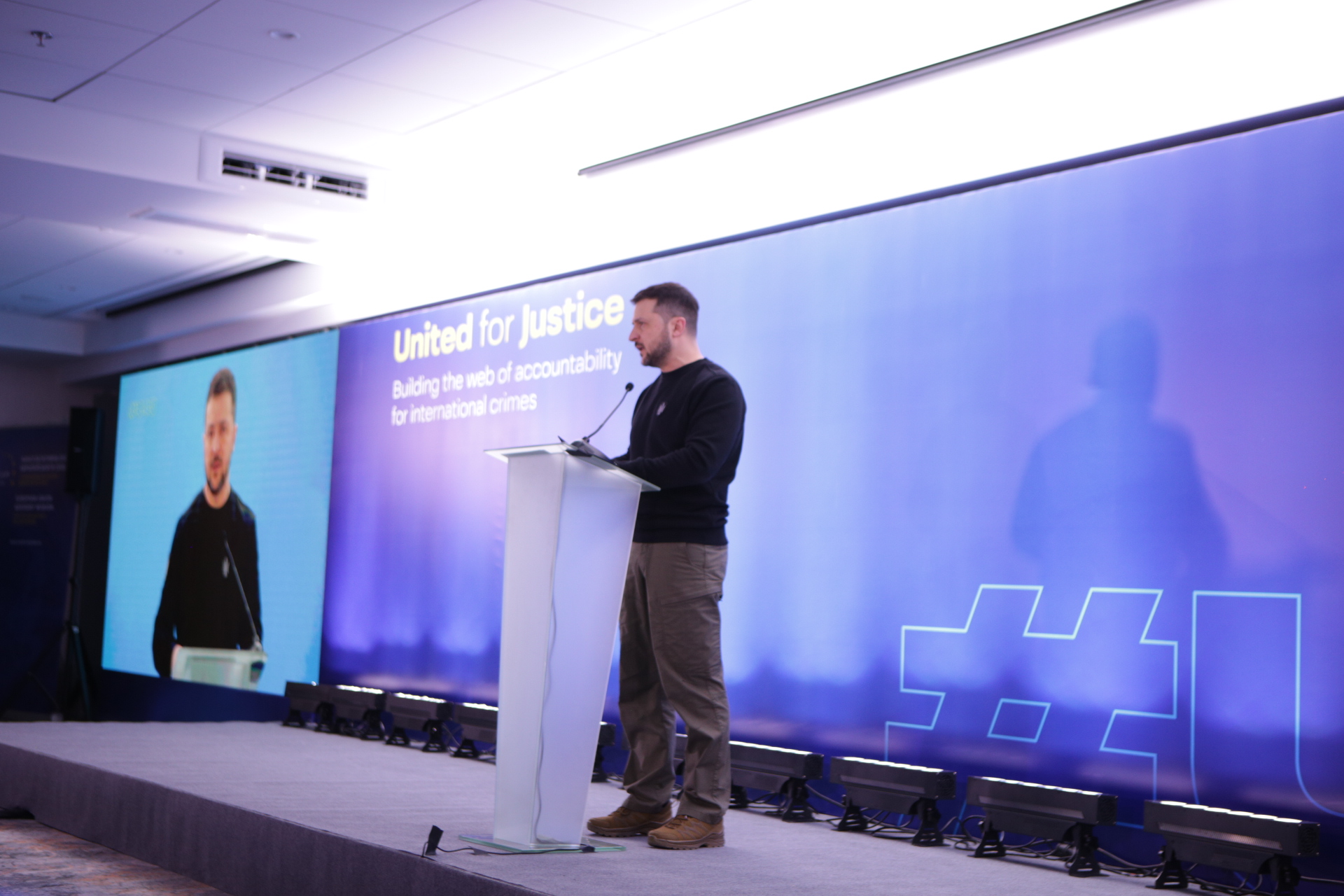
“We need to prepare a complete toolkit both at the national and international levels, so that justice works in relation to all aspects of Russian aggression, in relation to all the responsible for this aggression. We now have information about thousands of civilian victims of the Russian attack. There are thousands, but it is obvious that the occupier took the lives of much more of our people. We all understand that. We all seek to punish the terrorist state. This is the moral and legal duty of the world before the victims of Russian terror. This is also the security duty of the civilized and democratic world,” said President of Ukraine Volodymyr Zelenskyi in his welcoming speech to the participants of the Lviv Conference.
Chairman of the Verkhovna Rada of Ukraine Ruslan Stefanchuk focused on the issue of creating a comprehensive international compensation mechanism. Such a mechanism should cover all types of damage caused by Russia – it comes to damage caused to life and health of people, moral damage and material damage, including lost profits.
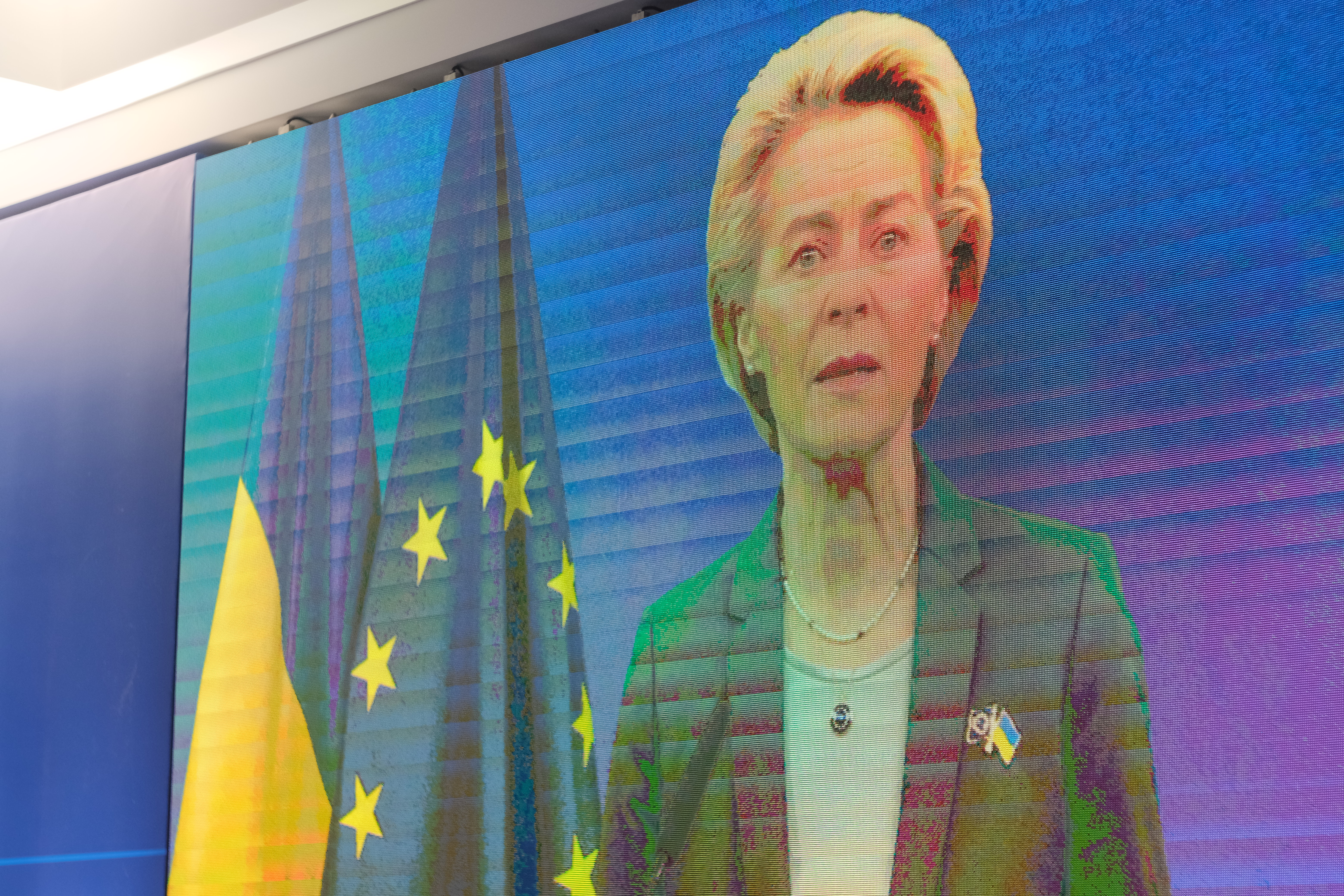
President of the European Commission, Ursula von der Leyen, called for everything possible to bring war criminals to justice: “We also believe that there should be a separate tribunal, a special tribunal to hold Russia accountable for the crime of aggression. And I am proud that at this conference in the city of Lviv we are taking the first step and the agreement will be signed to create the International Center for the Prosecution of War Crimes in the city of The Hague. The European Union will continue working with our partners to make sure that Russia pays for everything.”
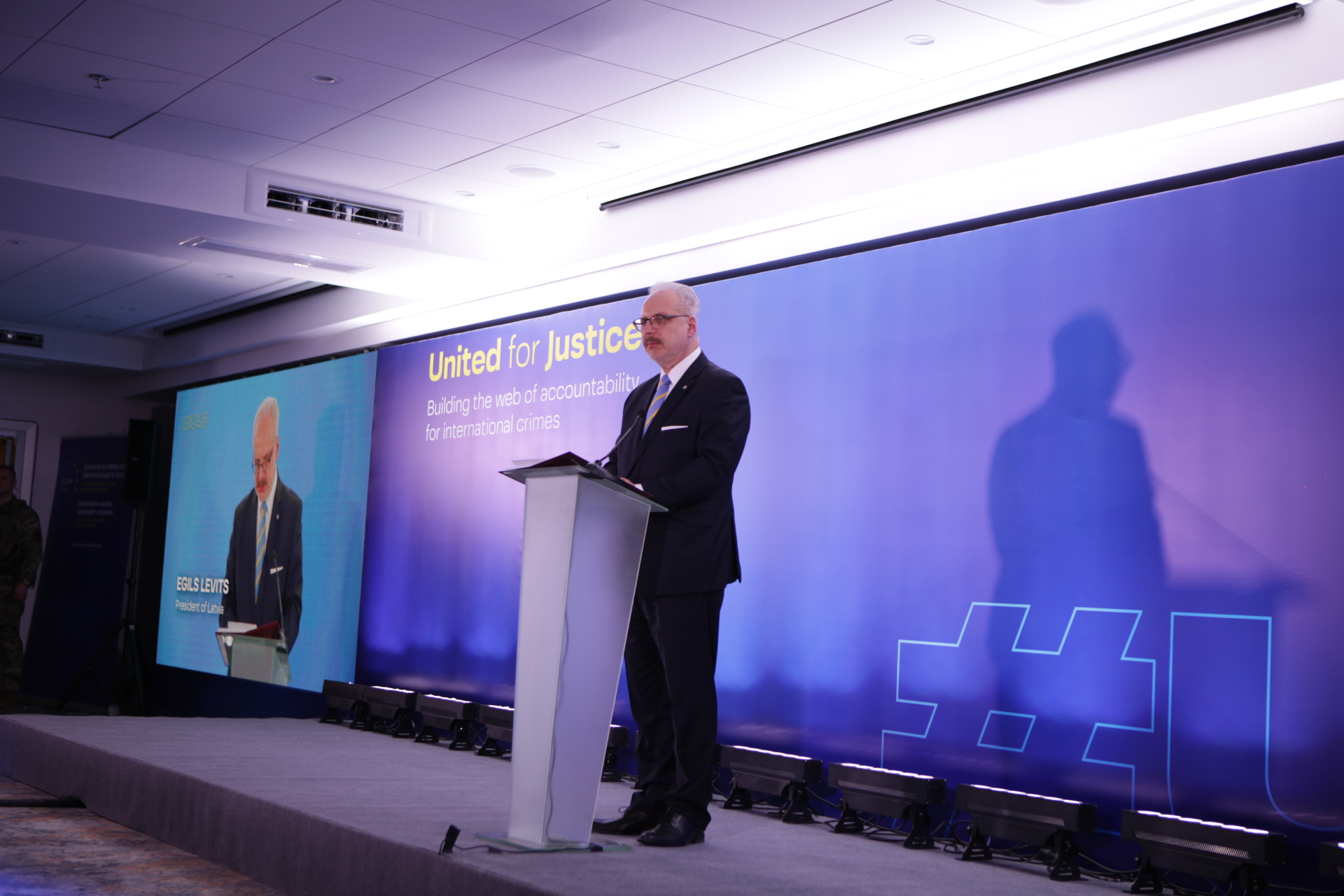
President of Latvia Egils Levits said that the creation of a special international tribunal for the crime of aggression committed by Russia is absolutely realistic: “We created a special tribunal for Yugoslavia and for Lebanon, for others. We created the Nuremberg Tribunal composed of only four countries, but it had a huge impact on the further development and formation of international law. It is legally possible; all that is needed now is the political will to create a special tribunal.”
The conference also announced the creation of the Dialogue Group to coordinate national and international efforts to prosecute Russians for war crimes in Ukraine.
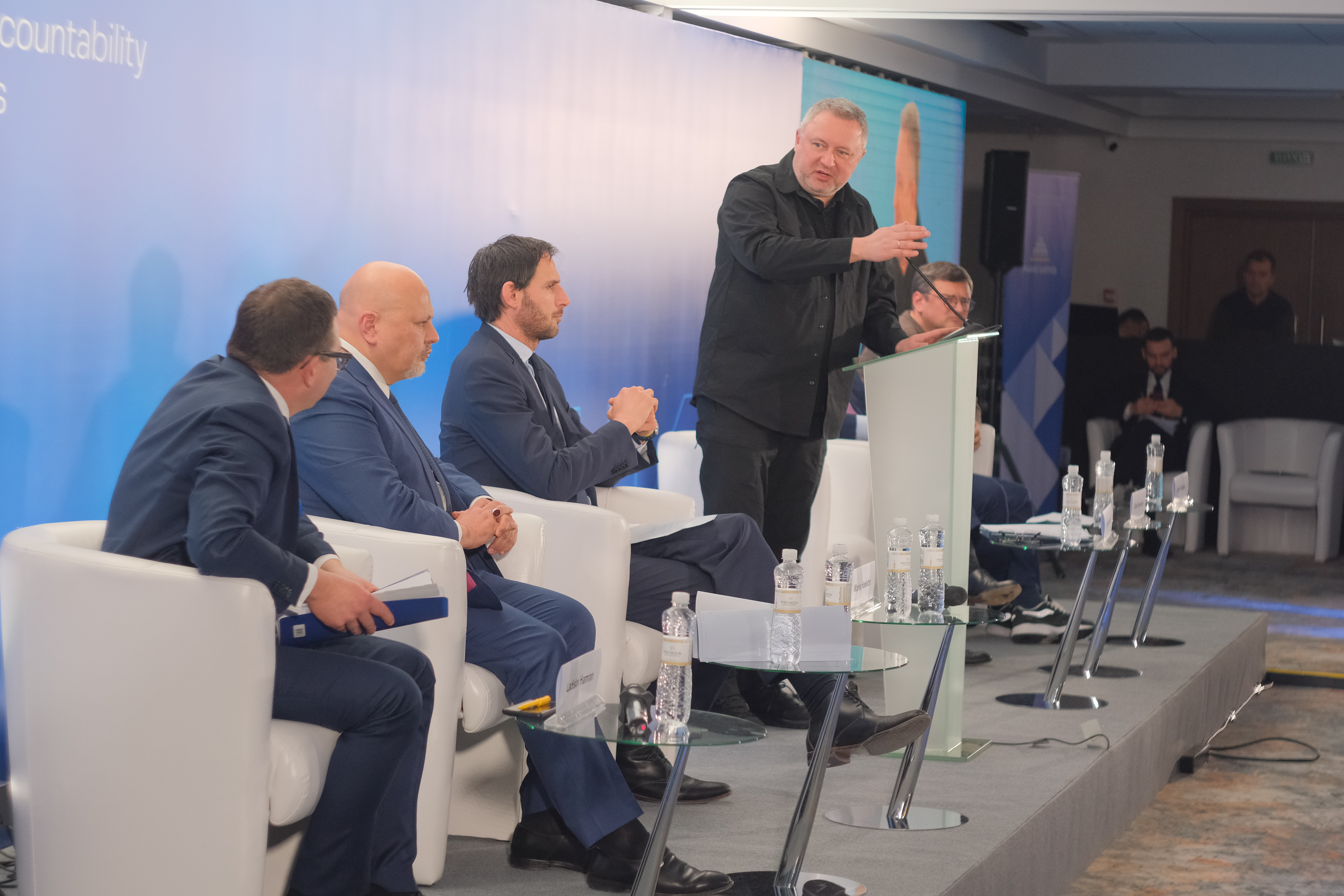
“We cannot and will not simply forget the horrors experienced in Izium, Bucha, Irpin, Kharkiv, Kherson, Mariupol and other cities. Ukraine firmly believes in the mobilization of international and national efforts to ensure the responsibility of Russia as a state, alongside personal prosecution of those guilty, in accordance with international law,” said Prosecutor General of Ukraine Andrii Kostin.
That statement was supported by Vice Prime Minister of the Netherlands, Minister of Foreign Affairs Wopke Hoekstra; European Commissioner for Justice Didier Reynders; Prosecutor of the International Criminal Court Karim Khan; President of Eurojust Ladislav Hamran; and Minister of Foreign Affairs of Ukraine Dmytro Kuleba, as well as representatives of other international institutions and countries that initiated the creation of the dialogue group.
“Ukraine is grateful to European partners for the steps they are taking to establish a special tribunal for the crime of aggression as soon as possible. We are together on the same path – the path of restoring justice,” said Prosecutor General of Ukraine Andrii Kostin during the meeting with the President of the European Parliament, Roberta Metsola. On her side, she confirmed the EU’s commitment to help bring those responsible for Russian war crimes to justice.
US Attorney General Merrick Garland pledged support of the United States in punishing war criminals: “We are trying to bring to justice all those who not only committed a crime, but who contributed to the commission of such crimes. We have recently established a special working group of prosecutors, analysts, translators, representatives of law enforcement agencies. All of them are working together to seize assets, to initiate cases, to impose sanctions against the Kremlin and the Russian military... What is happening in Ukraine has made America see these crimes from another angle; the actions of the Russian military have allowed our Ministry of Justice to prosecute those guilty of such crimes wherever they are. We will continue doing so. It means that over the next few years or decades, Russian war criminals who end up in our country will end up in our American courts."
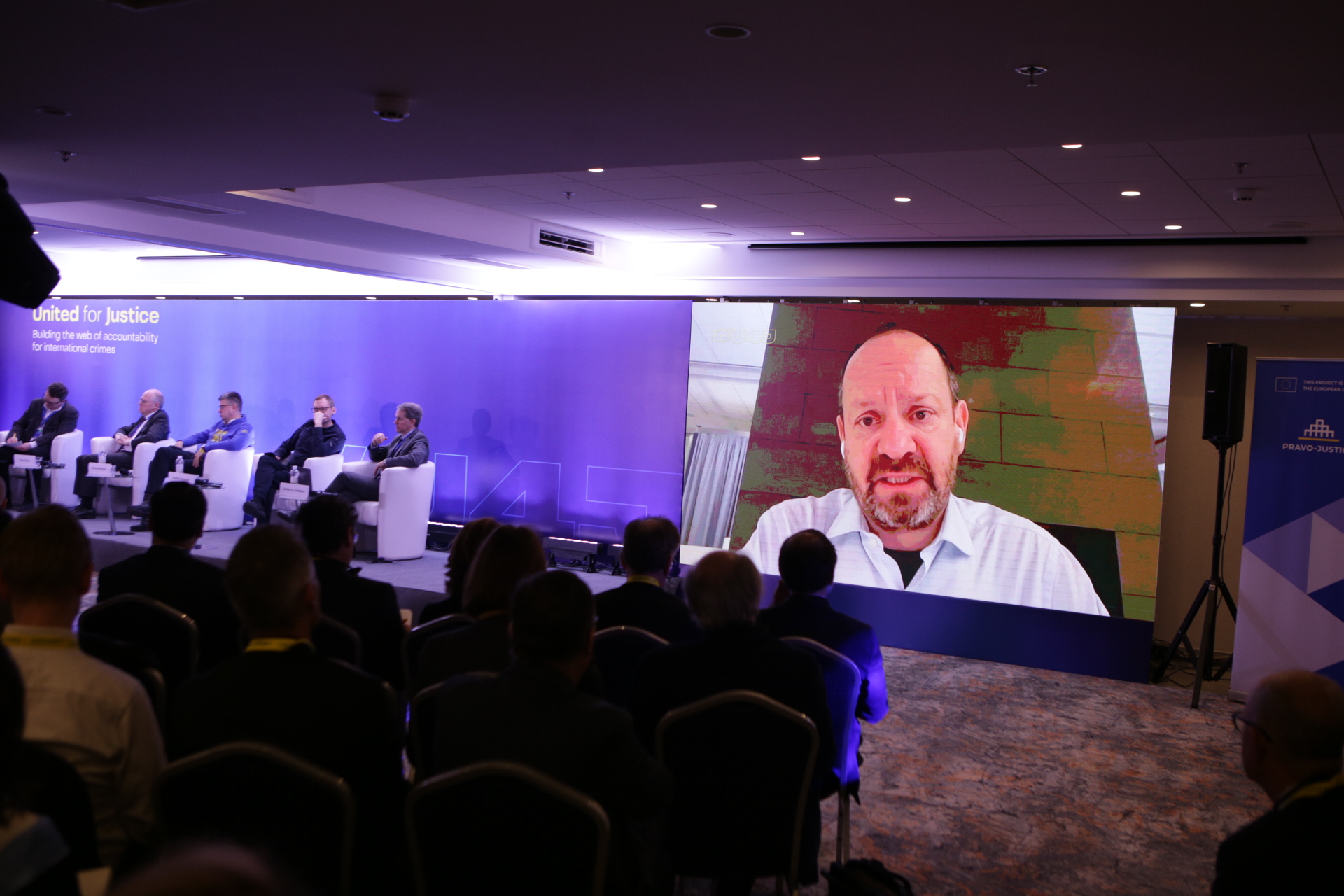
Philip Sands, Professor of Law at University College London, director of the Center for International Courts and Tribunals, agreed that the issue of creating an international tribunal for war crimes committed Russia is not a simple matter. In the meantime, he casually reminded that it was Lviv lawyers who at one time substantiated and introduced the concepts of genocide and crimes against humanity into international practice. He believes that the adoption of the Lviv Statute (by analogy with the Rome Statute) under which the Russian War Crimes Tribunal would operate would have not only symbolic, but also great moral and practical meaning:
"I hope that there will be a Lviv statute of the year two thousand and twenty-three, which will recognize the incredible role of this city in the setup of the architecture of international justice, including in the territory of Ukraine. It has been the international legal thinking hub for decades. I know that it will not be easy. I know it will be difficult, but there is no doubt that it is the right thing to do. And if we don’t stop crime or aggression, then we can destroy the entire justice system,” said Professor Philip Sands.
As of February 23, 2023, occupation forces in Ukraine killed 8,006 civilians. These data were collected in the territories under the control of the Ukrainian authorities. After the complete de-occupation, the number of victims among the civilian population will probably be much higher. More than 16,200 Ukrainian children were forcibly removed to the territory of the Russian Federation.
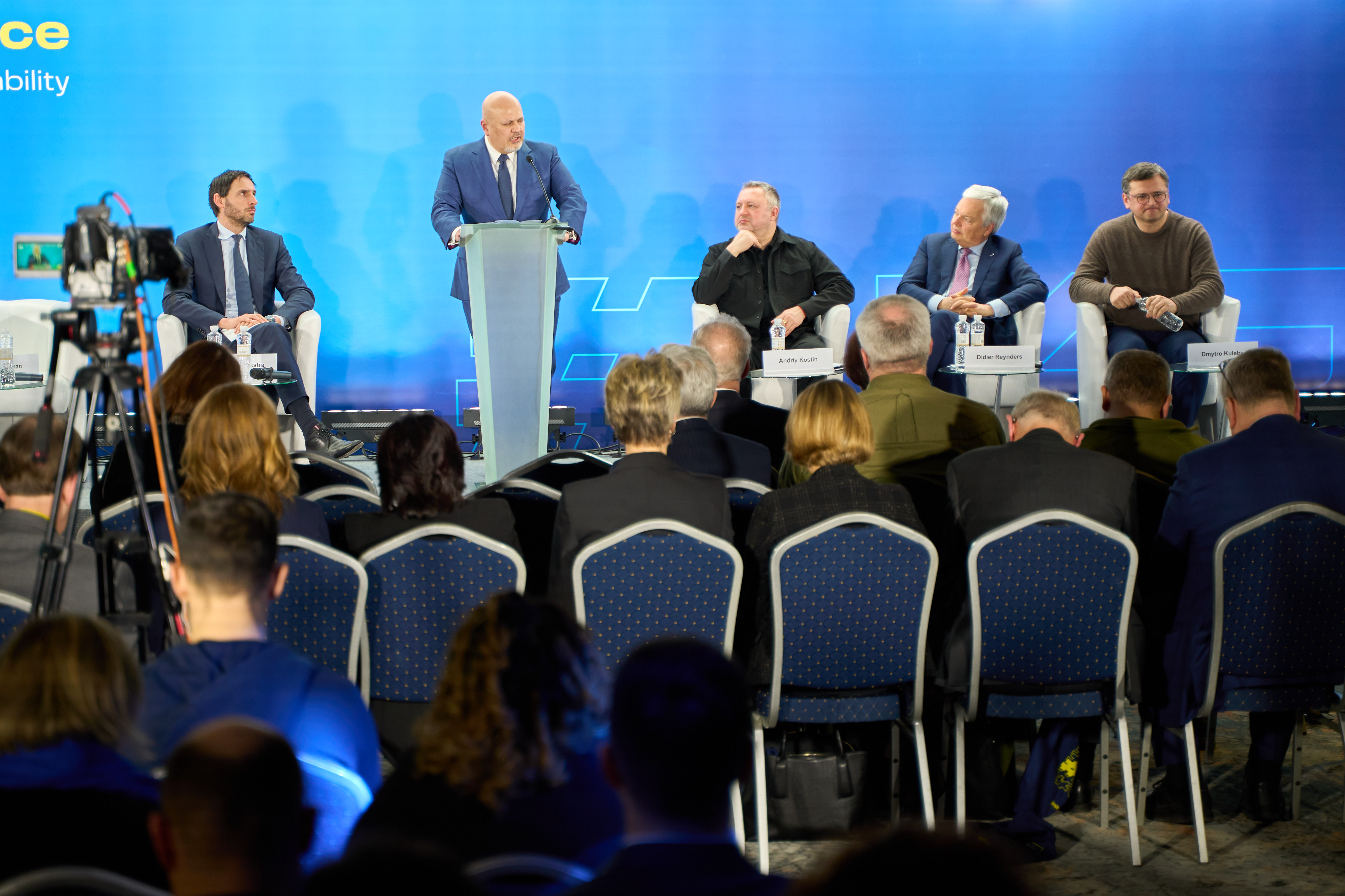
“Only by punishing people who commit such crimes can the rule of law be guaranteed,” said Karim Khan, Prosecutor of the International Criminal Court.
The Office of the Prosecutor of the International Criminal Court is soon to start work in Ukraine. The Government of Ukraine approved the relevant draft agreement, which was announced at the conference by Prosecutor General of Ukraine Andrii Kostin.
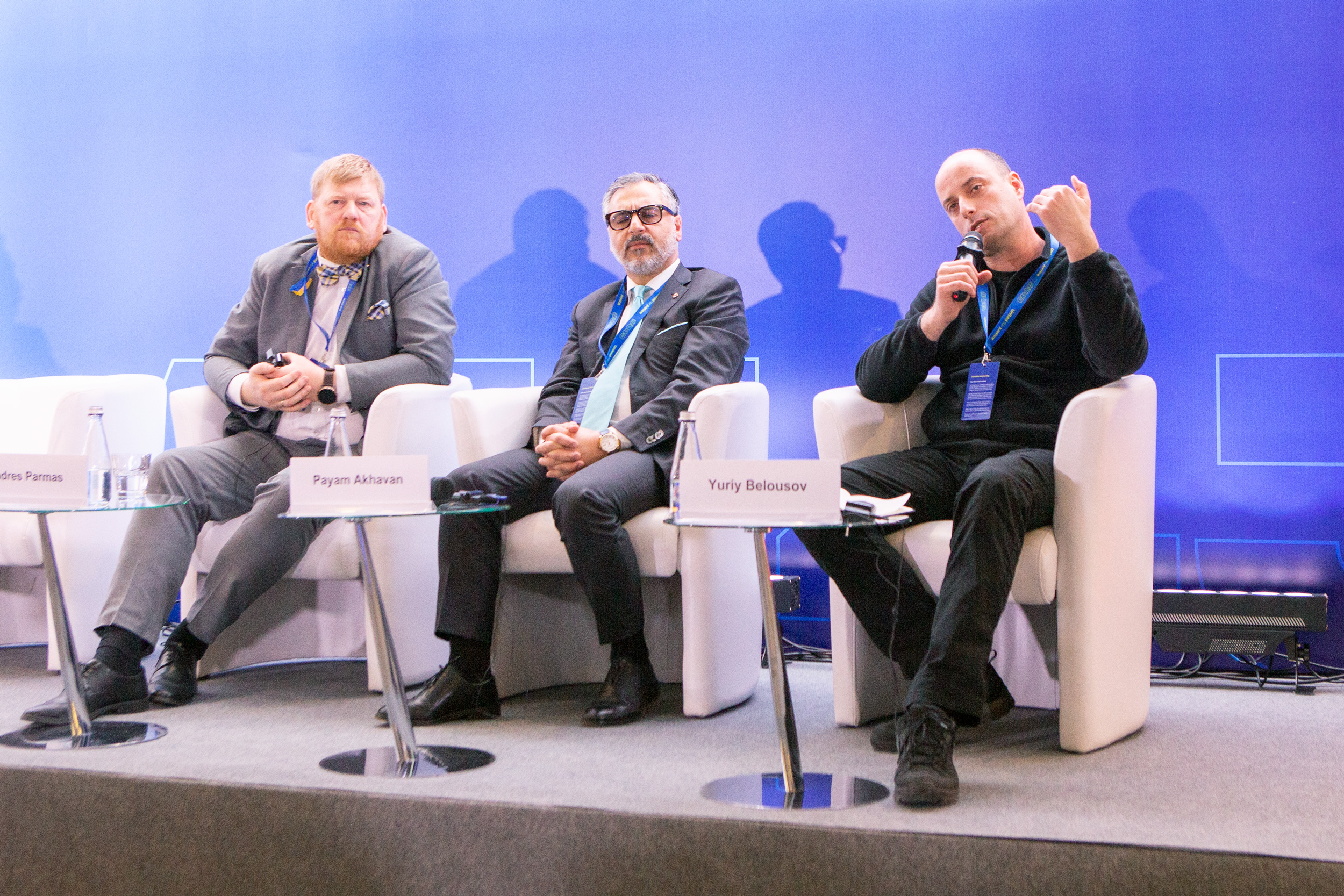
Yurii Bielousov, Head of the Department of Combating Crimes Committed in the Conditions of Armed Conflict of the Prosecutor’s General Office, drew attention to the term “denazification”, which the Russians used to designate one of the goals of their war against Ukraine. According to him, this word is actually synonymous with genocide. The genocidal nature of the Russians’ actions, he says, is evidenced by filtering measures against the population of the occupied Ukrainian territories, mass deportations, and mass use of psychological and physical violence against the civilian population.
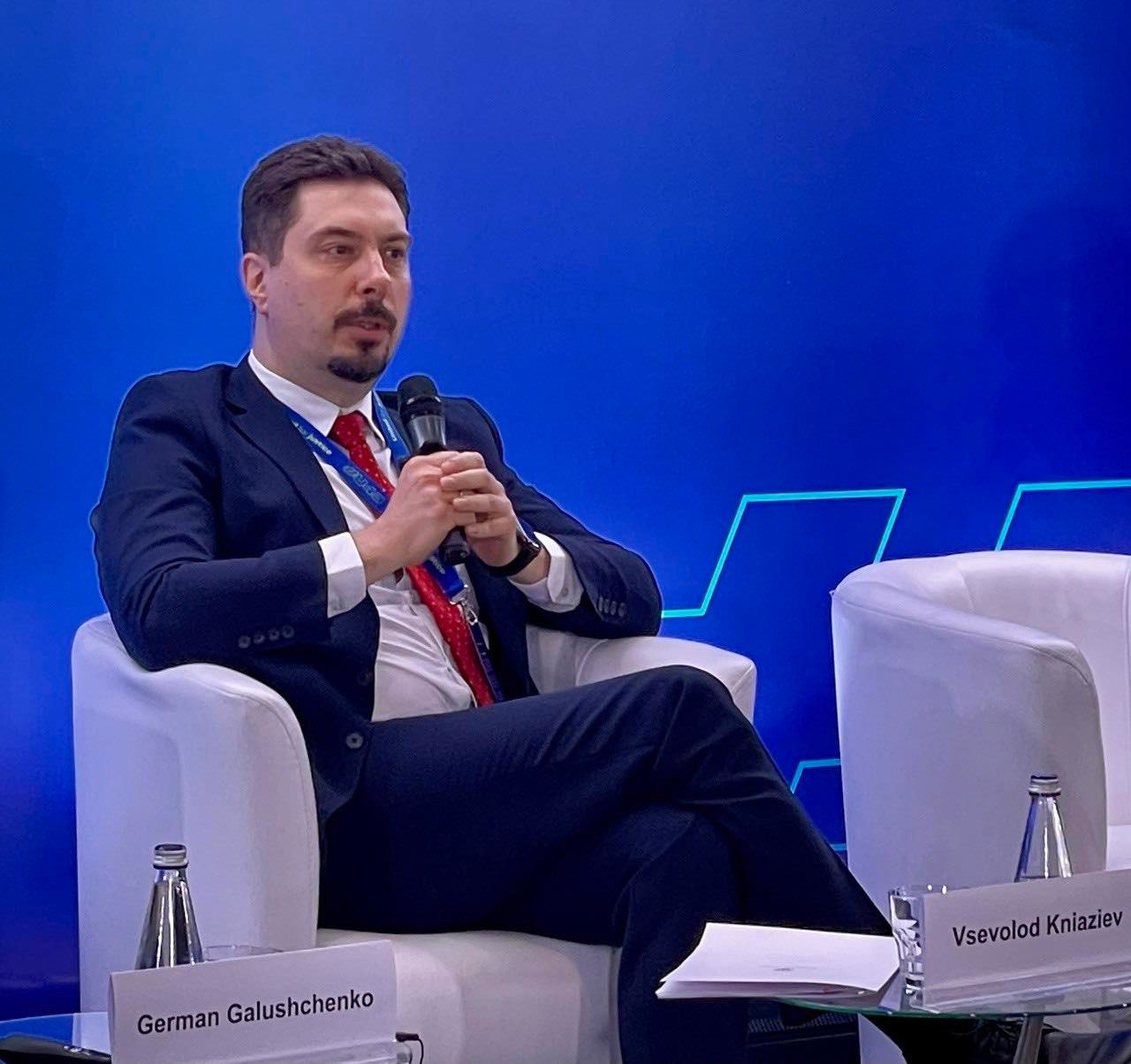
“Deliberate destruction of civilian infrastructure, including, energy infrastructure, leads every time to the death of dozens of civilians, and the Russian military certainly understands this. It is necessary to distinguish between the international crime of genocide, for which the higher political and military leadership of the aggressor state will bear responsibility, and the crime of genocide, which is provided for by the Criminal Code of Ukraine. Who is the subject of this crime is a difficult and debatable question that will soon be raised before the Ukrainian courts,” said President of the Supreme Court Vsevolod Kniaziev.
He said that the Grand Chamber of the Supreme Court is currently considering a case, where the exclusive legal problem is the definition of the subject of the crime of aggression. The Supreme Court shall determine who bears responsibility: higher military and political leadership of the aggressor state or a specific combatant. The decision in this case will become a model decision for other similar proceedings.